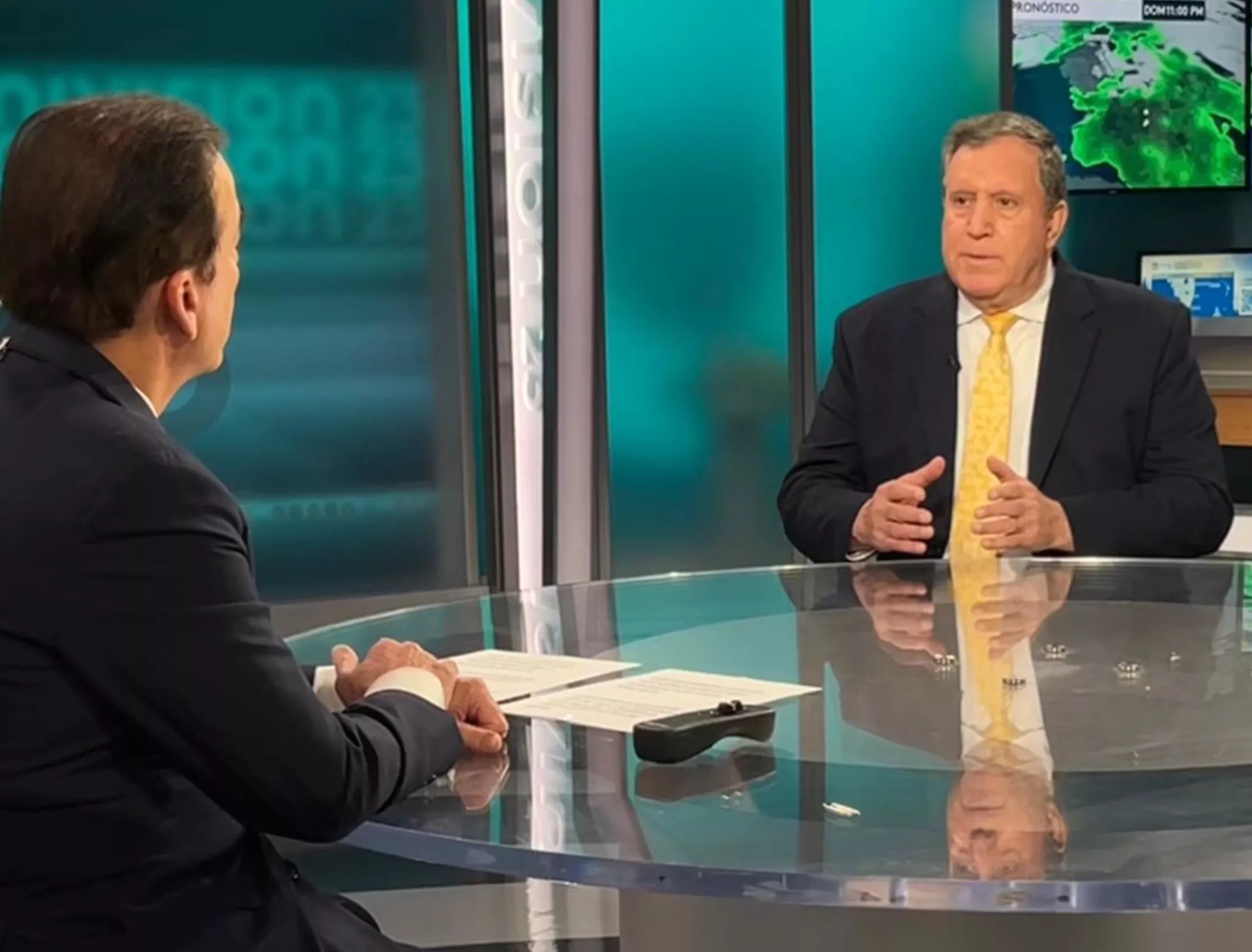
Facebook screenshot/Joe Carollo

Audio By Carbonatix
Longtime Miami politician Joe Carollo wants drug tests to be a routine part of city commission elections.
The Carollo-sponsored resolution would have altered the city’s charter to “require that candidates for mayor and city commission may voluntarily submit to and voluntarily disclose publicly the results of a drug test,” according to the agenda item.
However, the resolution burned out late Thursday night, failing to move to the voting round, per parliamentary procedure. The drug-test challenge was one of a handful of Carollo motions that died because none of his colleagues on the dais deigned to second it.
“This isn’t targeting anyone; this is a charter amendment for anybody that will serve here long after we’re gone,” Carollo said at the meeting.
“We require all our employees to take a drug test; we should do it voluntarily,” he said.
Carollo didn’t return calls, texts, or emails about the subject this week.
While drug tests for certain private- and public-sector jobs are common throughout the nation, there appears to be little to no precedent for a municipality codifying drug tests for aspiring politicians into law.
That could be because the Supreme Court ruled in 1997 that suspicionless drug tests of candidates for state office is unconstitutional. In Chandler v. Miller, justices ruled that such a provision “does not fit within the closely guarded category of constitutionally permissible suspicionless searches,” and so it would violate the Fourth Amendment protection from unreasonable searches and seizures. “To be reasonable under the Fourth Amendment, a search ordinarily must be based on individualized suspicion of wrongdoing,” the justices noted.
There may not be any legal issue with a voluntary drug test for candidates; the public disclosure, however, could pose some problems, Michael Minardi, Tampa-based attorney for the National Organization for the Reform of Marijuana Laws (NORML) tells New Times.
“The question is: Can that information then be publicly disclosed? And can whether someone did or did not take a drug tests be disclosed?” Minardi said in a written response to a query from New Times. “I don’t think that would be practical at all.”
Carollo’s resolution called for voluntary drug tests for commission and mayoral candidates within two weeks after officials canvass votes and upon the declaration of the result, according to city documents. The resolution also called for voluntary drug tests for all sitting commission members.
If the move rings ironic coming from a man Miami wags long ago dubbed “Loco Joe,” it’s likely because you’ve read about Carollo’s past behavior and wondered: “What’s this guy smoking?”
Two eyeball-bulging examples:
He allegedly threw a teapot and/or cardboard container at his wife’s head in 2001, while he was serving as the city’s mayor. After one of his daughters called 911, police arrested Carollo for hitting his wife so hard that the blow left a golf ball-size welt on her noggin. (The Miami-Dade State Attorney’s Office dropped the charges after Carollo agreed to enroll in anger-management courses.)
Two decades earlier, as a city commissioner, he endeavored to pressure the city’s police chief to lavish VIP treatment on a newly relocated Moroccan sheikh who’d married into the Saudi royal family – including presidential-style motorcades to shuttle the man to city meetings, charity events, his home, and even a hotel in Broward County.